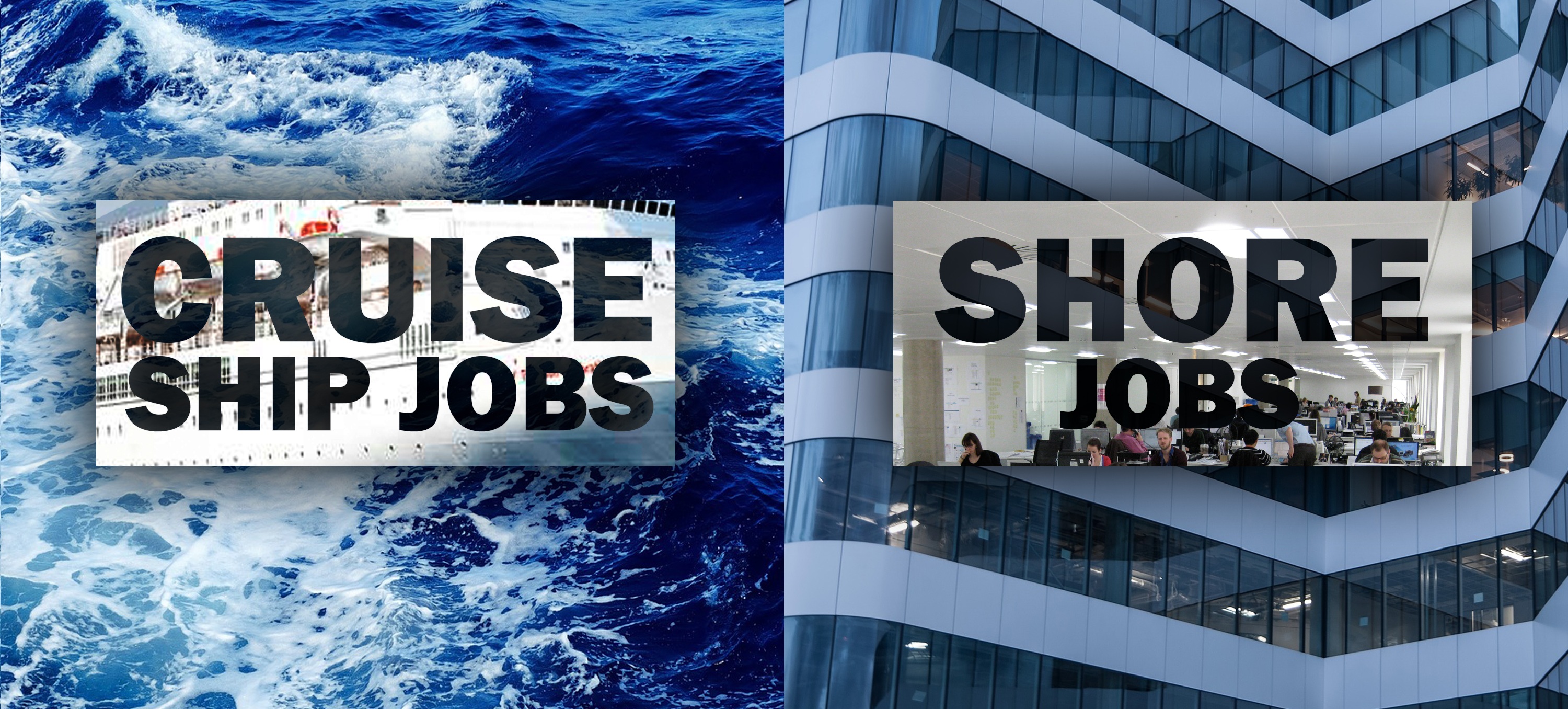 When considering a career in hospitality, it can work well in your favour to look at the kind of work environment you hope to be in at your job. Hospitality offers shore jobs and cruise ship jobs, and while preference for one or the other lies with the individual, it helps to know the main facets of each before making a decision.
When considering a career in hospitality, it can work well in your favour to look at the kind of work environment you hope to be in at your job. Hospitality offers shore jobs and cruise ship jobs, and while preference for one or the other lies with the individual, it helps to know the main facets of each before making a decision.
Location: Cruise ship jobs are coveted around the world for their ever-changing picturesque locations. Based on the ship you are assigned to, you could be in Key West in the United States one day, Nassau in the Bahamas on another day and the Cayman Islands on yet another. It gives you sneak peeks into a variety of societies and cultures in a short span of time.
At a shore job, you will be located in a single operation for at least a few months. More often, it is a few years, before you can be transferred. That said, this allows you to enjoy each location in depth, and become more knowledgeable about the local culture.
Pay: Depending on where you’re from and the company you work for, cruise ship jobs can offer excellent pay. Negative reports on sweatshop-style conditions for low pay arise from companies who do not comply with international labour laws, and this can happen in any industry. Respected companies offer employees higher pay than shore jobs owing to the risks and other requirements of the job, so it is always a good idea to get in touch with some of the best cruise recruitment agencies like Kamaxi. However, most cruise lines do not pay employees when they are between contracts.
Shore jobs offer a more stable income, even though it is often lower than cruise ship jobs of the same level. The pay also depends on the location and demand – areas high in tourist numbers may actually pay less for entry-level jobs due to easy availability of staff. In such cases, your skill level, proficiency and experience if any will count.
Vacations: Cruise ship jobs do not have vacations. They only have time between contracts, and one is technically not guaranteed a return. However, most cruise ships keep offering contracts to employees to avoid having to search for, hire and train new ones regularly. Contracts last between six to eight months and staff usually take between two to four months off before returning to work so they get to spend quality time with their family and friends.
Shore jobs have a guaranteed number of days off each year, along with options for casual leave and sick leave. It is possible to plan social trips in advance or be home for an important occasion.
Work environment: Cruise ship jobs boast a multi-cultural environment, which can be a positive addition to your CV. Staff from all over the world find a place in the various positions on board, and you will most probably be sharing your cabin with someone from another country. It offers a great perspective into other cultures, traditions and quirks from living and working with other nationalities in close quarters.
In this sense, shore jobs offer a sense of comfort. The work environment and other staff are familiar. Even if you are posted in a city away from home, it is easier to adjust to a single type of new culture over a period of time than many in a short while based on your personality.
Many cruise companies have shore jobs too, including personnel and scheduling coordinators, clerks, payroll managers, human resources consultants, marketing agents, reservation managers, sales representatives and corporate chefs who lead culinary development and implement new concepts across fleets of ships.
You can easily move from cruise ship jobs to shore jobs and vice versa. It is simply a matter of charting your own career trajectory and working towards it.